We have all been there as homeowners. Yes you want to build, renovate or improve your home but the technical skill required for the job is a little out of your scope. You need a building contractor. Some jobs that will generally require you to outsource technical help such as:
-Plumbing works
-Landscaping
-Concreting
-Walling
-Heavy renovations and remodelling
The list goes on. The basic rule is if one is not well versed in the area, they should always consider getting help. Being a homeowner does not come with a fix it yourself manual.
There are a few things you could try to do on your own,such as painting and wall papers if you are hands on. However using a building contractor guarantees you better output as long as you use a good contractor/subcontractor/Fundi.
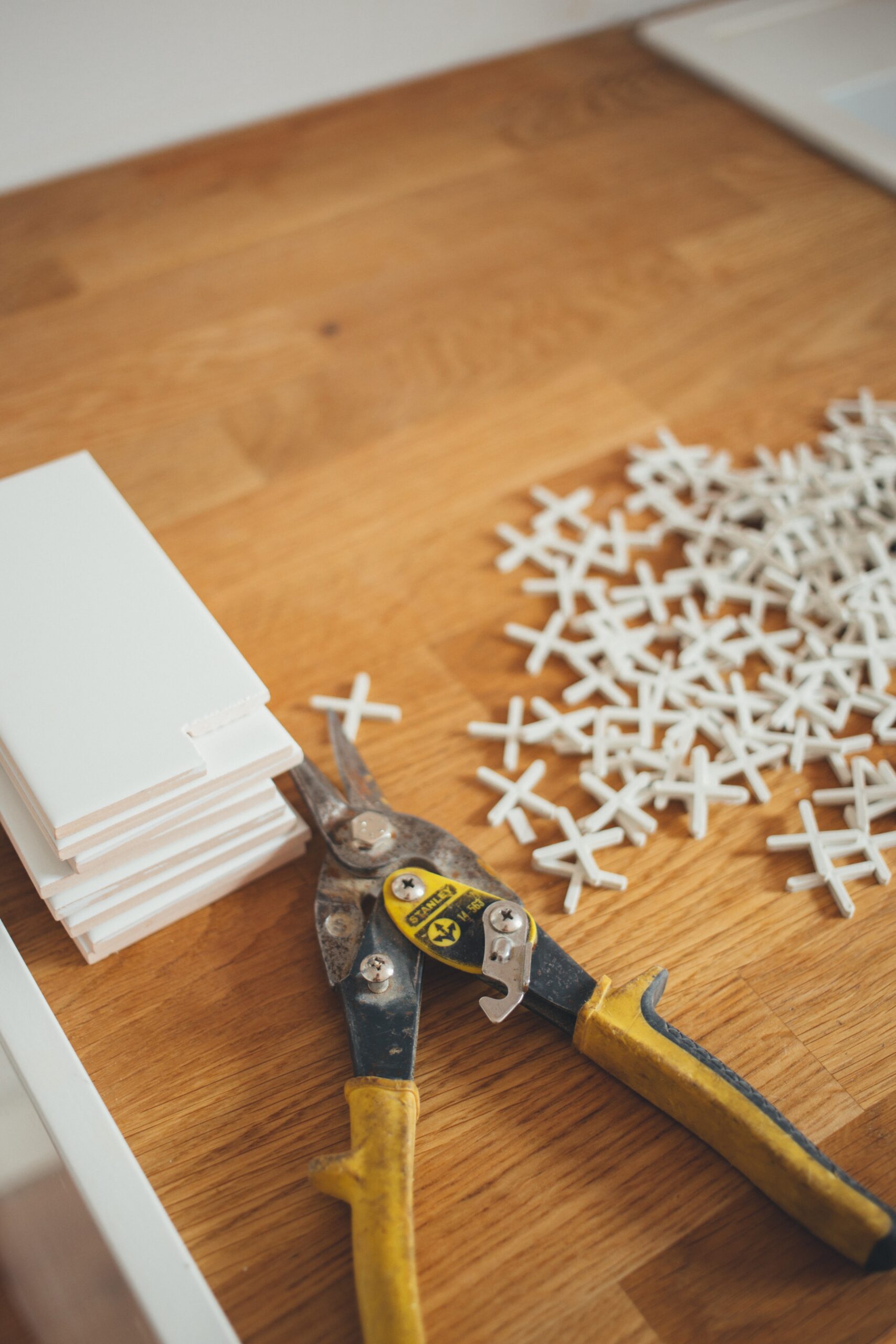
So, how do you decide on a good subcontractor/contractor/ fundi?
1. Word of mouth
This is one of the easiest foolproof ways to get a good contractor for your project. If a contractor comes highly recommended by a close friend or family, especially if they have personally used them before, then the contractor is probably good. There must be a reason they stood out from the rest. When a family member or a friend proposes someone, be sure to ask why they are and listen to their reasoning.
2. Experience
A good contractor should have some experience in doing the work that you want done. They should have worked on a few projects and should you request to see them it should not be an issue. If it is also possible to talk to the client, go out of your way to do so in order to get all your bases covered. Always pick a contractor that specialises in your project type over a general contractor.
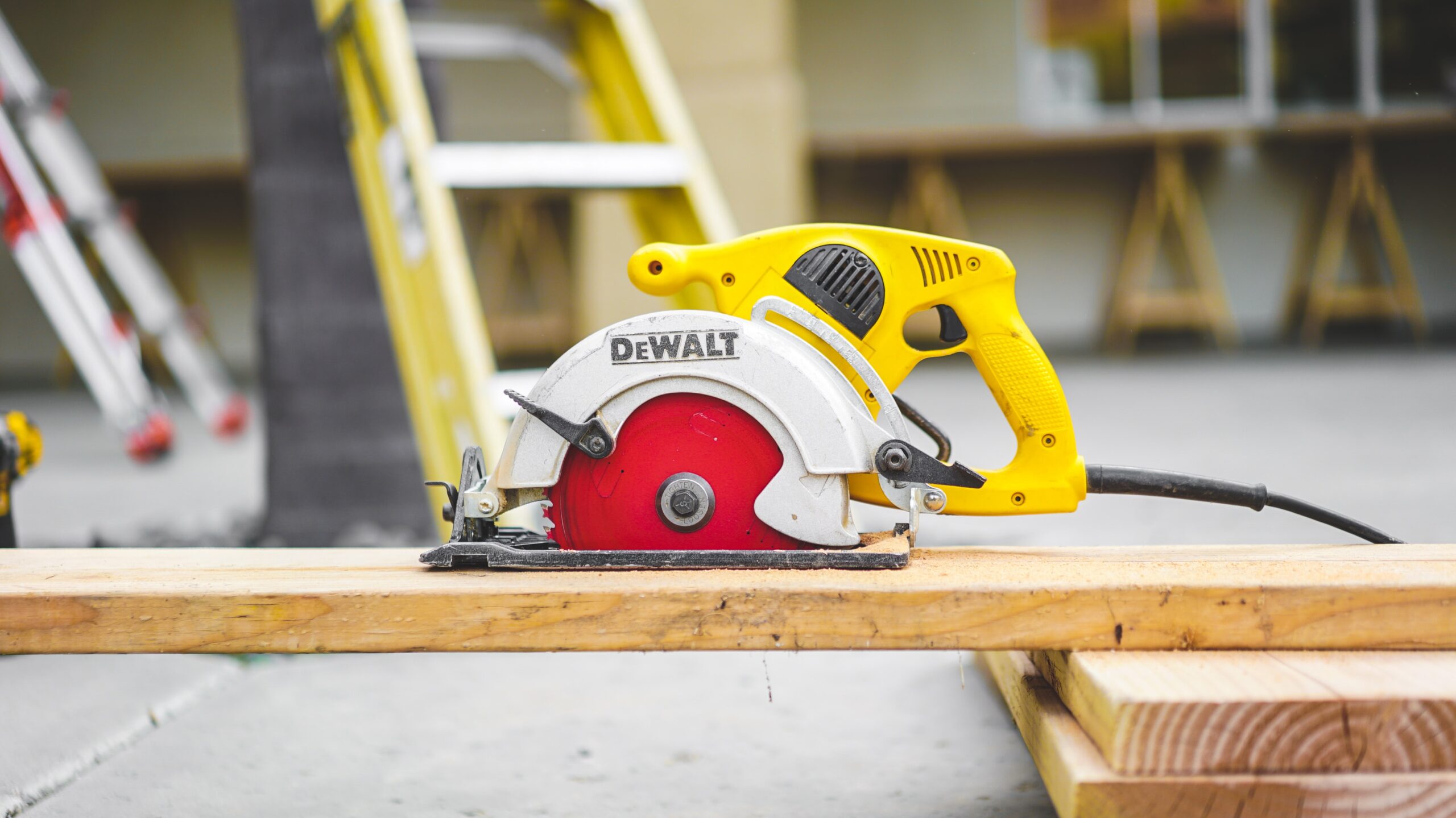
3. Machinery available
A good contractor should have a certain amount of machinery and tooling depending on the scope of your job. Where they do not, this means that they will have to hire machines or subcontract some of the work.
This in itself is not a problem as long as it does not affect the base price of the project. It is always cheaper to use a contractor with his own arsenal of machines than the one that hires or subcontracts out the work.
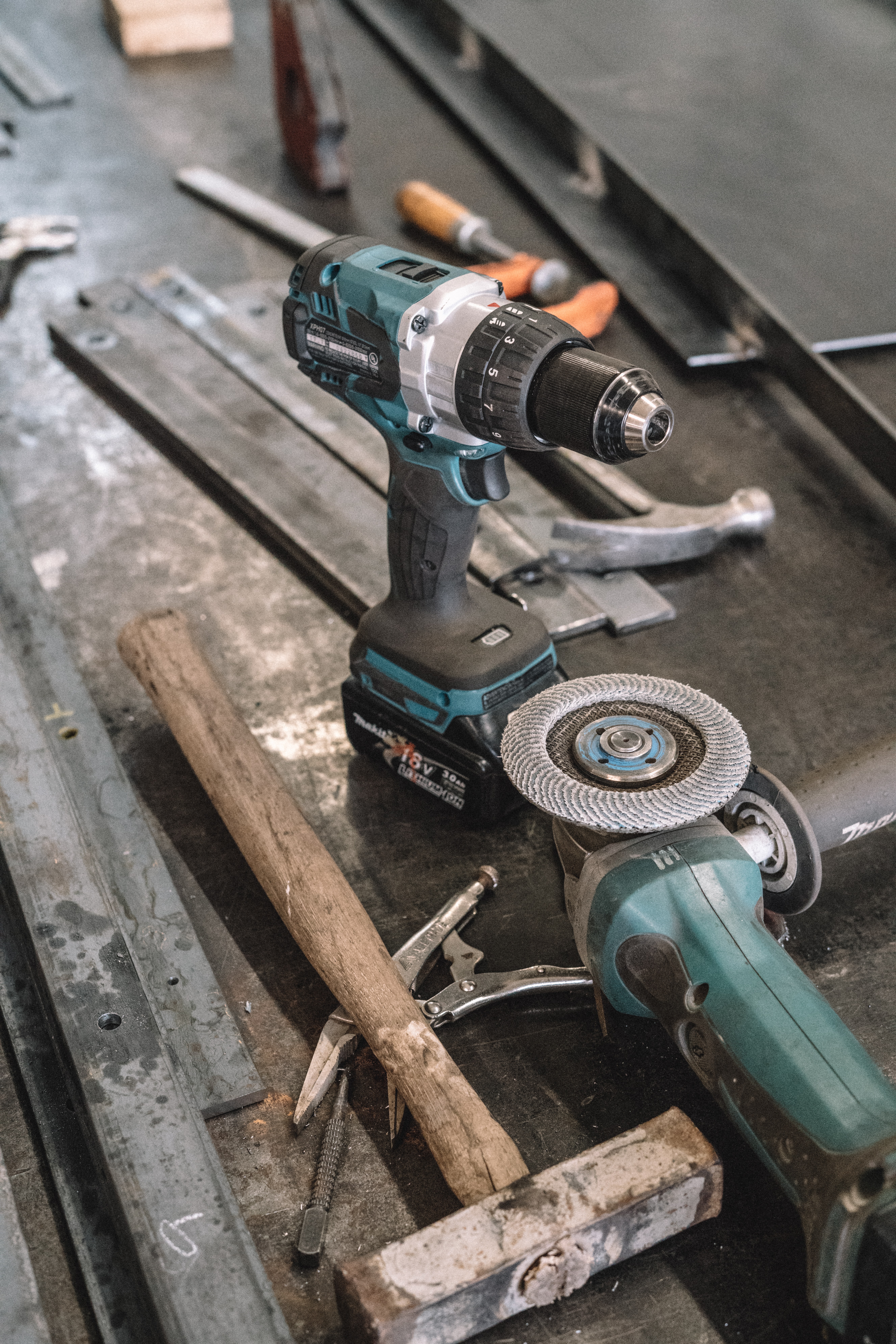
4.. Technical labour available
Also important is the availability of quality technical labour and supervisory labour. Some contractors may have machines yes but lack the labour required to actually do the job and supervise it well.
For a small contract, for example plumbing, check that they actually have a plumber who is skilled and can be able to handle the work. For a larger contract, for example, construction of a house, check for all necessary fundis and a technical supervisor.

5. Cost and method of payment
This depends on the amount of funds you have at your disposal and also the scope of the project. When choosing a contractor, choose one that delivers your needs at a reasonable rate. Too high a quote means they may have inflated their profit margins or have a high overhead.
Too low a contract may mean that they could use non conventional methods to get there, may not have understood the full scope of the work and could ask for more money or that they have very low overheads. If you go for the cheap bid, check that all items are there and in the right quality. If you go for the expensive contract, because of quality, check that everything used meets the standards set.

6. Professional certificates
A reputable contractor should have a professional certificate and their artisans accredited. However, it could be harder to find these for a small project but you could refer to the previous points to help you make the decision. If your home improvement project is small, there are several companies that offer skilled artisans for a reasonable fee.
Above all these, go with your gut!
Interested in affordable construction? Here are 6 affordable housing types available in Kenya.
If you would like to know the steps generally followed in taking a house from foundation work to finishes read this step by step guide to on site construction.
Hoping this information has been useful. Build wisely.




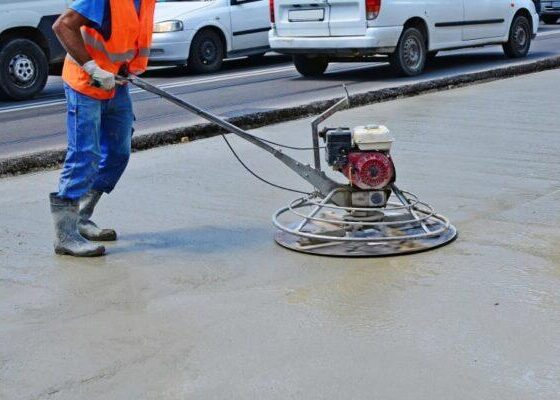
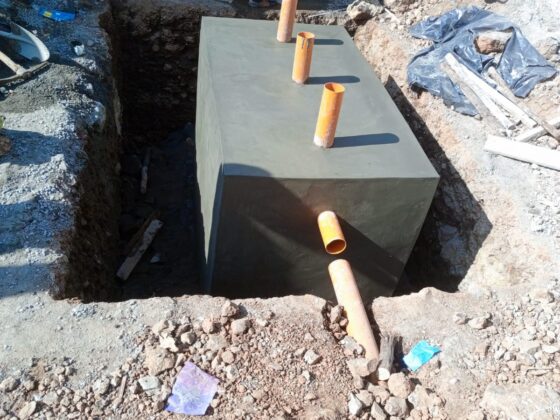

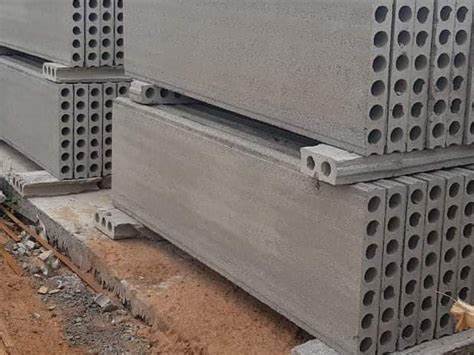



4 comments
You have great articles! They are very informative and give us very useful guidelines. I look forward to reading more of them as I am thinking about building my retirement home.
Thank you for the feedback. All the best in your construction project.
Very Informative piece.Thank you for writing this.
You are welcome Imeldah.